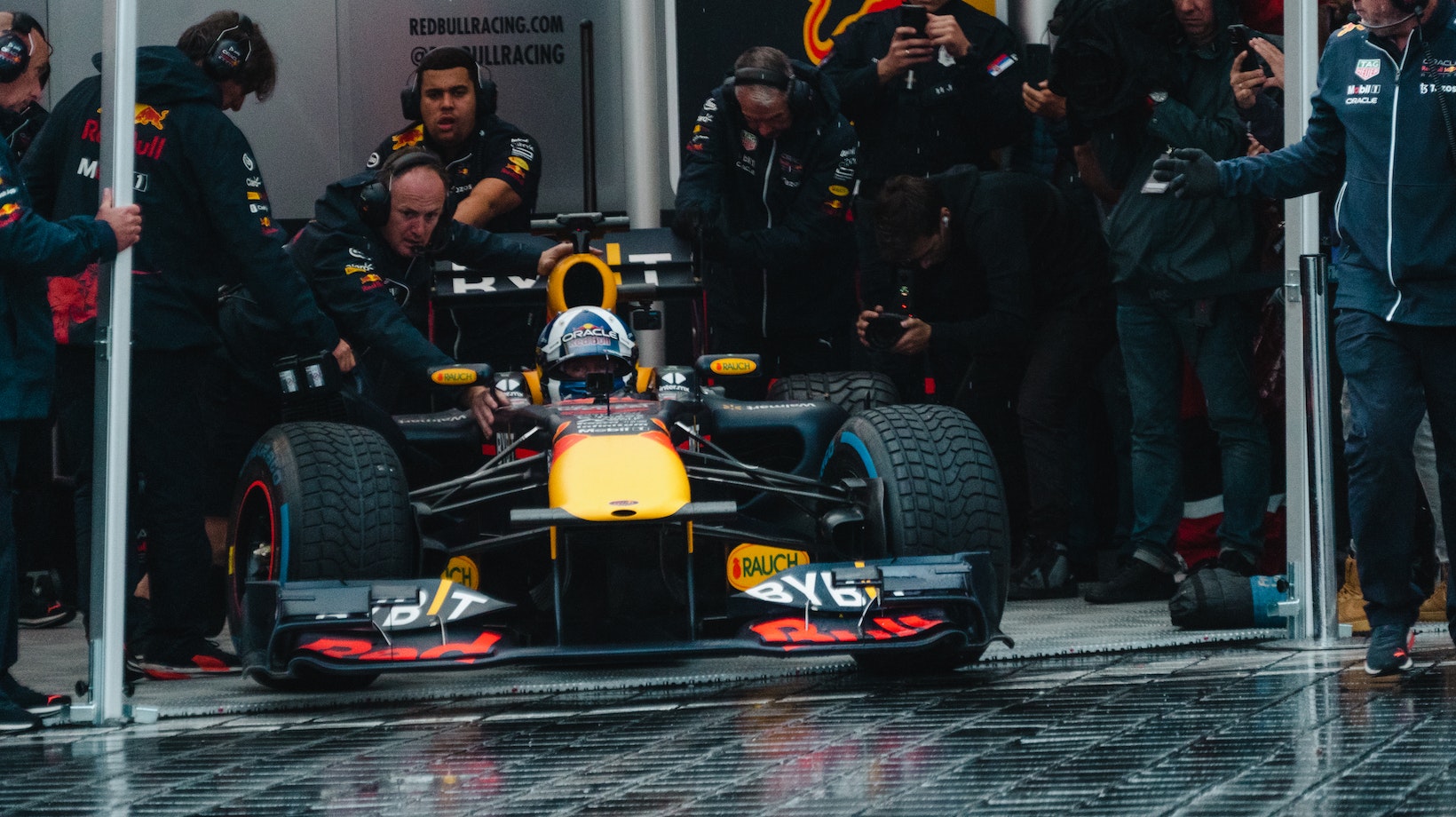
One of the primary sources of revenue for Formula 1 is through commercial rights deals. These deals involve selling exclusive broadcasting rights to television networks and online platforms around the world. These networks pay hefty sums to secure the rights to broadcast races live, allowing millions of fans to tune in and watch their favorite drivers battle it out on the track.
In addition to broadcasting rights, Formula 1 also generates income through sponsorship and advertising partnerships. From major car manufacturers to global brands, companies are willing to invest significant amounts of money into sponsoring teams or individual drivers. This provides them with valuable exposure and marketing opportunities as their logos are prominently displayed on cars, driver suits, team equipment, and even race circuits.
Furthermore, hosting fees from race organizers also contribute significantly to F1’s financial success. Each race circuit pays a fee to host a Grand Prix event, which can vary depending on factors such as location, infrastructure, and historical significance. These fees often amount to millions of dollars per race and serve as a substantial source of income for Formula 1.
How Does F1 Make Money
When it comes to the vast world of Formula 1, sponsorships and advertising play a pivotal role in generating revenue. The sport relies heavily on partnerships with companies from various industries to fund its operations and ensure its continued growth.
- Sponsorship Deals: One of the primary ways F1 generates income is through sponsorship deals with corporations seeking exposure and brand recognition on a global scale. These partnerships involve companies paying significant sums of money to have their logos prominently displayed on teams’ cars, drivers’ racing suits, helmets, and even trackside billboards. The visibility offered by Formula 1 allows sponsors to reach millions of viewers worldwide during races and broadcasts, making it an attractive marketing opportunity.
- Title Sponsors: Title sponsorships are another lucrative avenue for F1 in terms of revenue generation. These are long-term agreements between the race organizers and a company that adds its name to the official title of a Grand Prix event (e.g., “The Rolex Australian Grand Prix”). In addition to naming rights, title sponsors often receive extensive branding opportunities throughout the race weekend, enhancing their visibility among fans both at the circuit and watching from home.
- Broadcast Rights: Television broadcasting rights form a significant part of F1’s revenue stream. The sport has secured contracts with networks around the world for exclusive coverage rights, allowing them to televise races live or delayed in different regions. These broadcasting deals not only provide substantial financial support but also bring Formula 1 closer to fans globally who tune in passionately each race weekend.
- Digital Platforms: With the rise in digital media consumption, Formula 1 has capitalized on this trend by expanding its presence across various online platforms. Through partnerships with streaming services and social media platforms like YouTube, Facebook, Instagram, Twitter, etc., F1 reaches a wider audience and engages fans through exclusive content, behind-the-scenes access, and real-time updates. These digital collaborations also provide additional revenue streams for the sport.
- Event Sponsorships: Apart from team sponsorships, Formula 1 events themselves offer opportunities for companies to associate their brands with the excitement and glamour of the sport. Event sponsors benefit from extensive branding at the circuit, including banners, signage, hospitality suites, and promotional activities during race weekends. These partnerships not only enhance the overall fan experience but also contribute to F1’s financial stability.

Race Hosting Fees
One of the primary sources of revenue for Formula 1 (F1) comes from race hosting fees. These fees are paid by circuit owners or event organizers to secure the rights to host a race on their tracks. The amount of money involved in these agreements can vary significantly depending on various factors such as the prestige and location of the circuit, the popularity of the race, and the duration of the contract.
Race hosting fees are typically negotiated based on a combination of fixed costs and variable components. The fixed costs cover expenses such as track rental, logistics, and infrastructure required to host an F1 event. The variable components take into account factors like ticket sales, hospitality packages, and revenue generated from associated events like concerts or exhibitions.
Formula 1’s ability to generate revenue from various sources is a testament to its global appeal and successful business model. Through race hosting fees, sponsorship deals, broadcasting rights, merchandising, hospitality packages, prize money, and financial contributions, F1 continues to thrive financially while captivating audiences worldwide. The future looks bright for this exhilarating motorsport as it finds new ways to engage fans and secure its position as a premier sporting event on the international stage.










